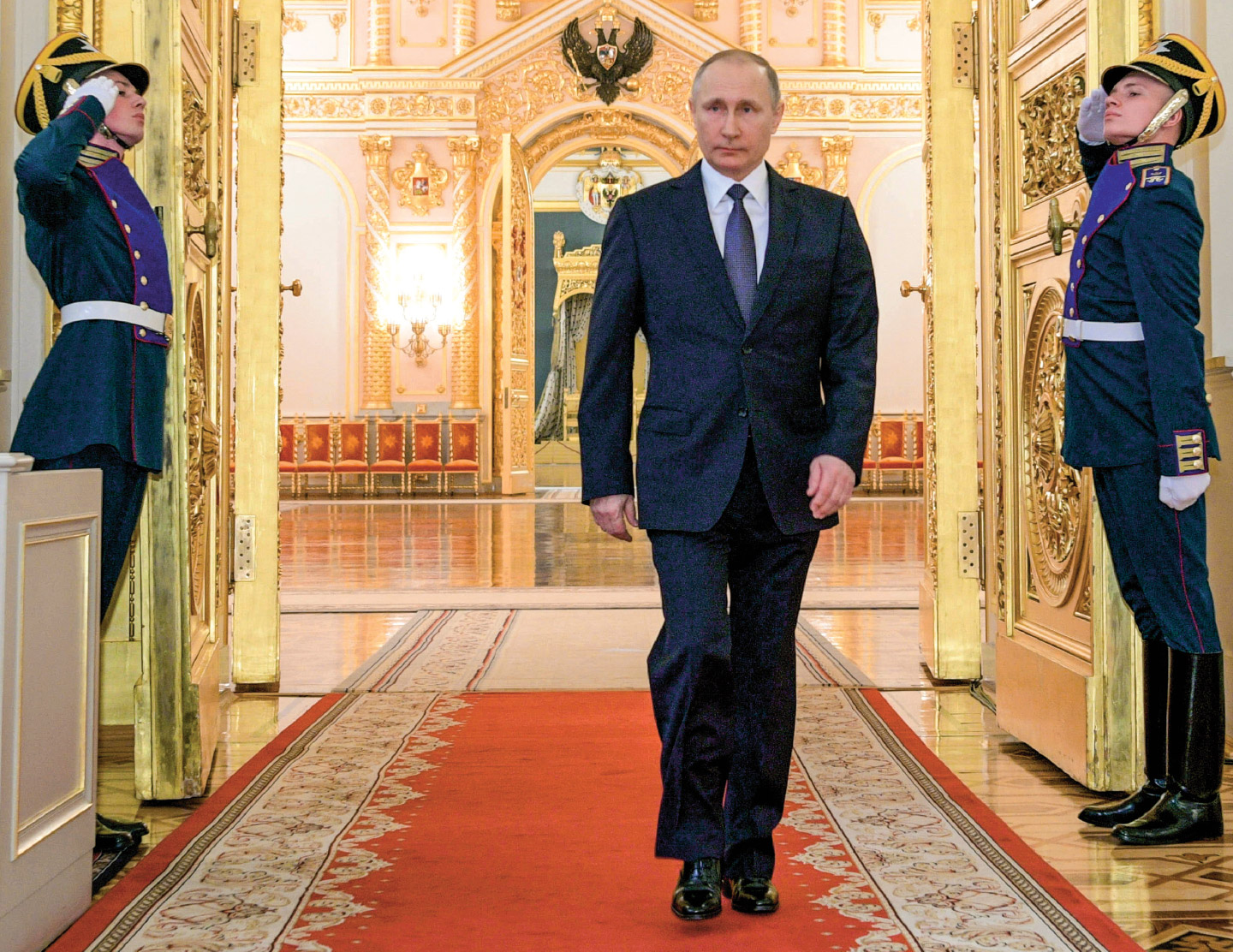You couldn’t dream up a more odd couple: On one side, the world’s oldest democracy, leader of the West, and defender of liberty. On the other, an authoritarian giant that recently invaded one of its biggest neighbors, ruthlessly suppresses its critics, and stands accused of meddling in the 2016 American presidential election.
The United States and Russia hardly appear made for each other. In fact, for most of the past 100 years, the two nations have teetered between mutual mistrust and planet-threatening nuclear confrontation.
Yet President Trump seems set on forgetting the past and making friends with Russia and its autocratic leader, Vladimir Putin. Trump has openly praised Putin on Twitter, calling him “highly respected” and “very smart.” And some of Trump’s public statements have been music to Moscow’s ears: that Washington should stop lecturing other nations about human rights, for instance, and that America’s commitment to defending European allies may not be ironclad.
You couldn’t dream up a more odd couple. On one side is the world’s oldest democracy, leader of the West, and defender of liberty. On the other side is an anti-democratic giant that recently invaded one of its biggest neighbors. It also ruthlessly suppresses its critics and is accused of meddling in the 2016 American presidential election.
The United States and Russia hardly appear made for each other. In fact, for most of the past 100 years, the two nations have alternated between mutual mistrust and nuclear confrontation.
Yet President Trump seems set on forgetting the past and becoming friends with Russia and its autocratic leader, Vladimir Putin. Trump has openly praised Putin on Twitter. He’s called him “highly respected” and “very smart.” And some of Trump’s public statements have been music to Moscow’s ears. For instance, he’s said Washington should stop lecturing other nations about human rights and that America’s commitment to defending European allies may not be ironclad.

